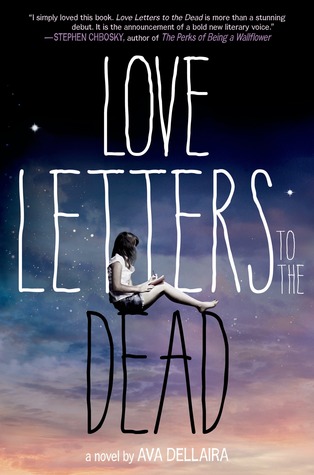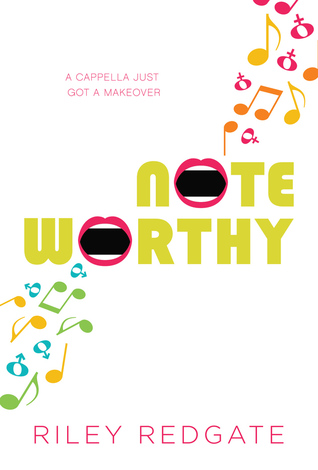Keeping You a Secret by Julie Anne Peters
In Keeping You a Secret, a high school student, Holland, who always had everything planned for her, is suddenly awakening to her own life and start seeing everything falling apart as she falls in love with Cece and has to make a choice between following expectations or going her own way.
The novel start with a classic introduction of characters, and straight away you know what will happen between the main characters. What is interesting, though, is the process of getting there and seeing how things will unfold.
We see the world through Holland’s eyes, and sinece she is an interesting and funny person, that makes the narration light. I wasn’t expecting it to surprise me, however. I was not waiting for anything other than Holland finding out about her sexuality and breaking out of the expectations everyone has for her. I was proven wrong when the idea of a gay club came up. Suddenly the atmosphere of Holland’s world changed and you could feel the animosity of the school towards homosexuality. I was quite curious to see this subject developed, but sadly it was rapidly put in the background to focus back on Holland. I would have loved to read more about the high school atmosphere and how it affected the characters, but the story is told from Holland’s point of view, and at this stage of the book she was growing more and more confused about her feelings for Cece. She was pretty much aware of only that aspect of her life, the rest disappearing in the background of her mind.
The topic wasn’t really dropped, though, as we quickly got back to it on a larger scale, including Holland’s and Cece’s families and their reactions to their daughters being lesbians. I thought it was quite a good portrayal of reality, especially Cece’s family. I loved how her mom tried to come to terms with her daughters being lesbians: not understanding it, but accepting it, because she has no choice and loves her daughters. On the opposite hand, Holland’s mom is everything but accepting and throws her daughter out of her home. Sadly, no hope is given for reconciliation between the both of them. And that’s when the gay community really came into the picture. I enjoyed those brief moments in which Holland found support and a new home. But as for the animosity of the high school, the topic is not really developed, just hinted at. This is, after all, not the main focus of the novel.
All in all, it was a very good novel. I enjoyed reading about all the problems that came up in Holland’s life when she found out she was a lesbian and when she came out. I thought the difficulties and confusion were well-portrayed, as well as the hope offered by the gay community, which provided a safe place to be for Holland.
Another thing I really appreciated in the novel is the character of Faith, Holland‘s sister-in-law. At first, Holland judged her only by her appearance and decided at first glance that she was not going to like her because she is a Goth. I loved how their relationship evolved though the novel. As Holland was breaking free of expectations and discovering a much wider world than she ever imagined, she became more accepting of her sister and who she is, going past looks and appearances. This is not just a coming of age novel about finding oneself and discovering ones sexuality and place in the world. This is also about acceptance and prejudices, about not judging people for their looks, sexuality or other little things that shouldn’t matter, but seeing people for who they really are and not thinking them “freaks” because they are not what society expects them to be.


